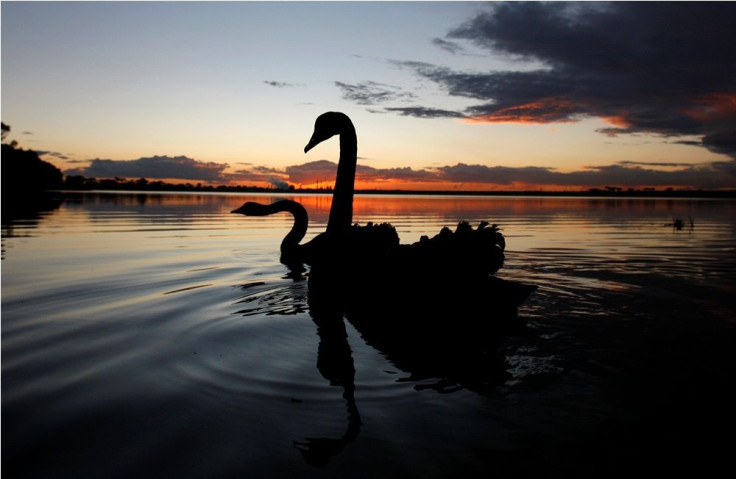Volunteers Needed To Help With Bird Flu Research At River Torrens

Waterfowl species like ducks and swans on River Torrens are under close monitoring by Adelaide researchers to check on possible signs of bird flu. The bird watch project will last for 18 months.
The project called “Duckwatch” is headed by scientists from the University of Adelaide, who will gather data that will be used to maintain biosecurity on farms. The project is the first of its kind in South Australia and resembles a similar study conducted in northern Queensland.
The birds from River Torrens will be trapped at different sites on the river. Swabs from the birds will be taken and tested to monitor their health and wellbeing. According to Dr Toni Dalziel, the birds will be under close scrutiny with a fortnightly basis monitoring.
“We want to discover what strains the waterbirds are carrying, determine how often a new one shows up and measure changes over time in the number of birds exposed to the different viruses. We will also be assessing the response of the birds’ immune systems to any new versions of the virus,” said Dalziel.
Rebecca Boulton, research fellow of Duckwatch, described the procedure involved in the study. She said that the birds will be given metal bands to serve as a tracking device and the data gathered will be sent to the Australian Bird and Bat Banding Scheme in Canberra.
The Australian Department of Health stated in their website that the Australian Department of Agriculture, Fisheries and Forestry, or DAFF, continues to report that the country has no evidence of H5N1 bird flu and is closely monitoring for bird flu outbreaks in Australia.
Scientists are in need of volunteers for the next 18 months to help with the research in investigating how exposed the waterfowls at River Torrens are to avian influenza. The Duckwatch project will build knowledge on the virus which can be used to provide care for Australian wild and domestic birds in the future.
To contact the writer, email: wendylemeric@gmail.com





















